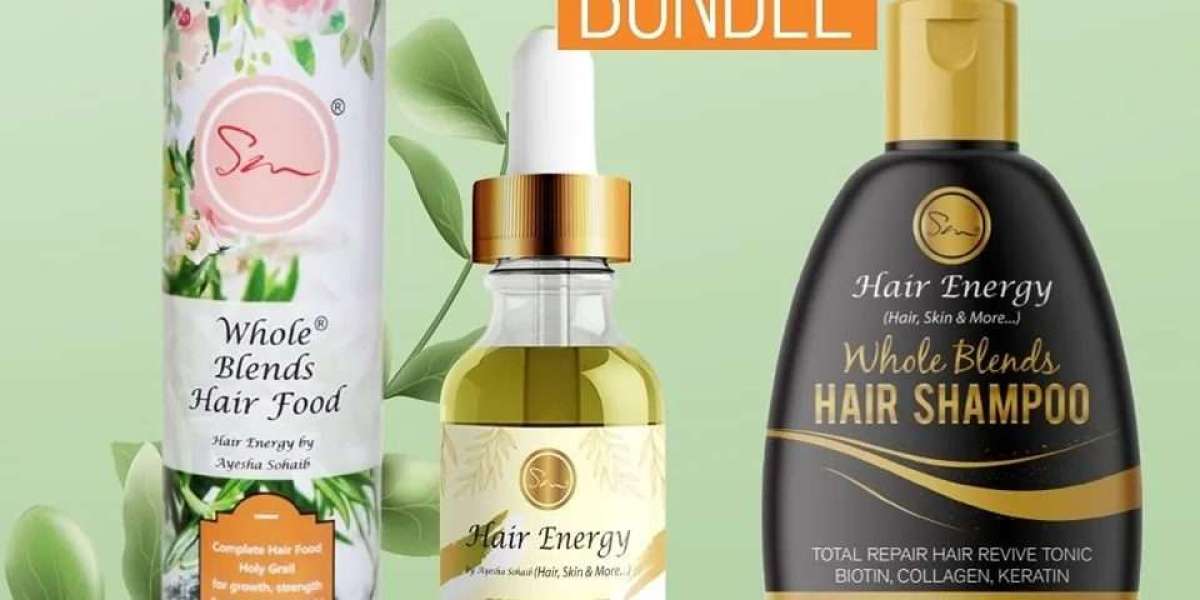The shampoo is one of the most basic yet essential tools in our hair care collection. We use it almost daily, but how much of an effect it has on the health of our scalps? This essay will examine the complex connection between scalp health and Hair shampoo. Maintaining healthy, luscious locks requires an understanding of this relationship. Let us look closer at shampoo for hair and how it affects the scalp.
The Basics of Hair Shampoo
Understanding the basics of dry hair shampoo is crucial before exploring the relationship between shampoo and scalp health. Shampoo is a hair care product that aids in cleaning the hair and scalp of particles, oil, and other undesirable materials.
Choosing the Right Shampoo
Selecting the right shampoo is paramount for maintaining a healthy scalp. Different hair types and scalp conditions require specific formulations. For instance, individuals with oily scalps might benefit from clarifying shampoos, which effectively remove excess oil and build-up. On the other hand, people with sensitive scalps should opt for mild, hypoallergenic shampoos to prevent irritation.
The Connection Between Shampoo and Scalp Health
1. Cleansing and Removing Impurities
The primary function of shampoo is to cleanse the hair and scalp by removing impurities such as dirt, oil, and dead skin cells. Regular cleansing prevents these substances from clogging hair follicles, promoting a healthier scalp environment. A clean scalp is less prone to issues like dandruff and itchiness.
2. Balancing Scalp pH
The scalp has a natural pH level that ranges between 4.5 and 5.5, which is slightly acidic. Many shampoos are formulated to maintain this acidic pH, as it helps in sealing the hair cuticles and retaining moisture. When the pH balance is disrupted, the scalp becomes susceptible to dryness, flakiness, and other problems. Using the right shampoo helps in preserving the scalp’s natural pH, ensuring it remains healthy and well-balanced.
3. Nourishing the Scalp
Apart from cleansing, hair shampoos can also be enriched with essential nutrients such as vitamins, minerals, and proteins. These ingredients nourish the scalp and hair follicles, promoting hair growth and overall scalp health. Regular use of nutrient-rich shampoos strengthens the hair, reducing the risk of breakage and hair loss.
4. Preventing Scalp Conditions
Certain scalp conditions, such as dandruff, seborrheic dermatitis, and psoriasis, can cause discomfort and embarrassment. The right shampoo can help manage these conditions effectively. Anti-dandruff shampoos, for instance, contain active ingredients like ketoconazole or pyrithione zinc, which target the root causes of dandruff and provide relief.
Tips for Healthy Shampooing Habits
Maintaining a healthy scalp goes beyond choosing the right shampoo; it also involves adopting proper shampooing habits:
1. Avoid Over-Shampooing
Washing your hair excessively can strip away natural oils, leaving the scalp dry and prone to irritation. Aim to shampoo your hair 2-3 times a week, or as per your hair type’s specific needs.
2. Thoroughly Rinse Your Hair
Ensure you rinse your hair thoroughly after shampooing to remove all traces of the product. Hair shampoo residue can lead to build-up, making the scalp greasy and contributing to various issues.
3. Use Lukewarm Water
While a hot shower might be soothing, hot water can strip the scalp of its natural oils. Opt for lukewarm water when shampooing to maintain the scalp’s moisture balance.
Beyond Shampoo: Holistic Approaches to Scalp Health
While choosing the right shampoo is crucial, maintaining a healthy scalp often requires a holistic approach. Here are some additional strategies to enhance your scalp health and promote luxurious locks:
1. Balanced Diet and Hydration:
What you eat directly impacts the health of your scalp and hair. A balanced diet rich in vitamins, minerals, and proteins provides essential nutrients that nourish hair follicles and promote growth. Additionally, staying hydrated ensures your scalp receives an adequate supply of moisture, preventing dryness and itchiness.
2. Regular Scalp Massage:
Scalp massages are more than just relaxing – they stimulate blood circulation, which, in turn, promotes hair growth. Use natural oils like coconut or jojoba oil during your massages to add an extra layer of nourishment. Massaging your scalp for a few minutes every day can make a significant difference in scalp health.
3. Avoid Harsh Chemicals:
Aside from hair shampoo, be mindful of other hair products you use, such as hair dyes, styling gels, and hair sprays. Many of these contain harsh chemicals that can damage the scalp and weaken hair. Opt for natural or organic alternatives whenever possible to minimize exposure to harmful substances.
4. Stress Management:
Believe it or not, stress can impact your scalp health. Chronic stress may lead to imbalances in hormones, which can result in hair loss and scalp problems. Practice stress-reducing activities such as yoga, meditation, or hobbies to maintain a healthy mind, which, in turn, supports a healthy scalp.
5. Regular Trims:
Regular trims are not just about keeping your hair looking neat; they also contribute to scalp health. Trimming the ends prevents split ends from traveling up the hair shaft, reducing the likelihood of breakage and allowing your hair to grow stronger and healthier.
6. Protect Your Scalp:
When exposed to harsh weather conditions, such as extreme sunlight or cold winds, your scalp can suffer. Just as you protect your skin, it's essential to shield your scalp. Wear hats or use umbrellas to prevent direct exposure to the elements.
7. Consult a Professional:
If you’re experiencing persistent scalp issues, it’s wise to consult a dermatologist or a trichologist (a specialist in hair and scalp disorders). They can identify underlying causes and recommend tailored treatments or products suited to your scalp type and condition.
In the realm of hair care, the significance of shampoo cannot be overstated. Its role in cleansing, balancing scalp pH, nourishing the scalp, and preventing various conditions is pivotal for scalp health. By understanding the connection between hair shampoo and scalp health, individuals can make informed choices about their hair care products and routines. Remember, a healthy scalp is the foundation for beautiful, strong, and vibrant hair. So, choose your shampoo wisely, follow proper shampooing habits, and let your scalp breathe and thrive, ensuring your hair remains as gorgeous as ever.









